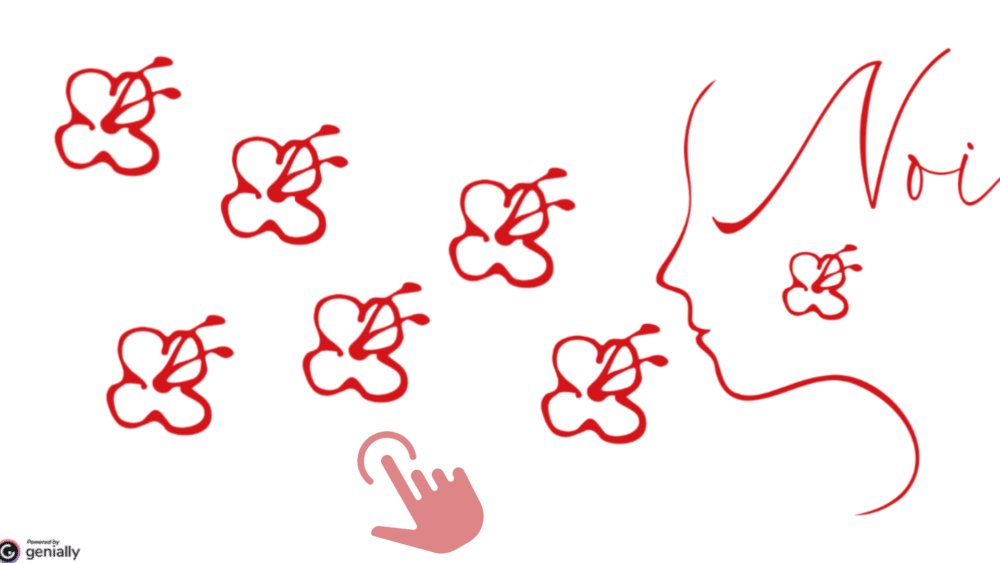"In this war, I lost my son. Since that moment, everything changed for me—but coming here every day to work has truly given me my life back."

The village of Bethany, described in the Gospels as the village of friendship and hospitality, is today the scene of a terrible conflict. Since 2002, the city has been separated from nearby Jerusalem by the Israeli separation wall, making it difficult to access and leaving it isolated—a town far from everything.
The ongoing war makes life even harder: the absence of tourism has left many workers at home, now struggling to support their families; the end of the ceasefire has plunged the area once again into the nightmare of bombings; the fear of losing someone is a daily reality.
But not all is lost: the will to live burns brightly in the community of Bethany, especially in Maisa, Saida, and Alina—three courageous women who have decided to start over, to support their families and their city.
Betania is woman
Since biblical tradition, Bethany has been a feminine place: Martha and Mary, Lazarus' sisters, lived there, and Jesus went there on several occasions, always finding a simple welcome but, for this reason, all the more precious. It was here, in their home, that Mary poured oil "with the scent of pure nard, very precious" on Jesus' feet, giving him a much more precious good than they could afford.
Over time, many women – including the Crusader queen Melisende – have become attached to the tradition of Bethany, attracted by the memory of a village founded on the friendship and hospitality of two generous women. Today, this feminine root is accompanied by the concrete need for support: the women of Bethany, often excluded from the labor market, struggle to achieve economic independence. Supporting local artisans therefore means strengthening a network of solidarity, responding to the needs of a community that has been living in uncertainty for years.
Our laboratory
"Noi, preziosi come il nardo" was born from the desire of three courageous women to learn, to put their hands on their present to transform it and regain possession of it.
Using traditional fragrances, the workshop preserves and protects the culture of the place while giving work and livelihood to the women who participate in it: "The women have seen in this project an outlet in the world of work and an improvement in their lives," comments Carla Benelli. "Our project makes it possible to ensure the costs of starting up and monitoring the first phase of the business. It would not have been possible for women to start this activity without our support."























